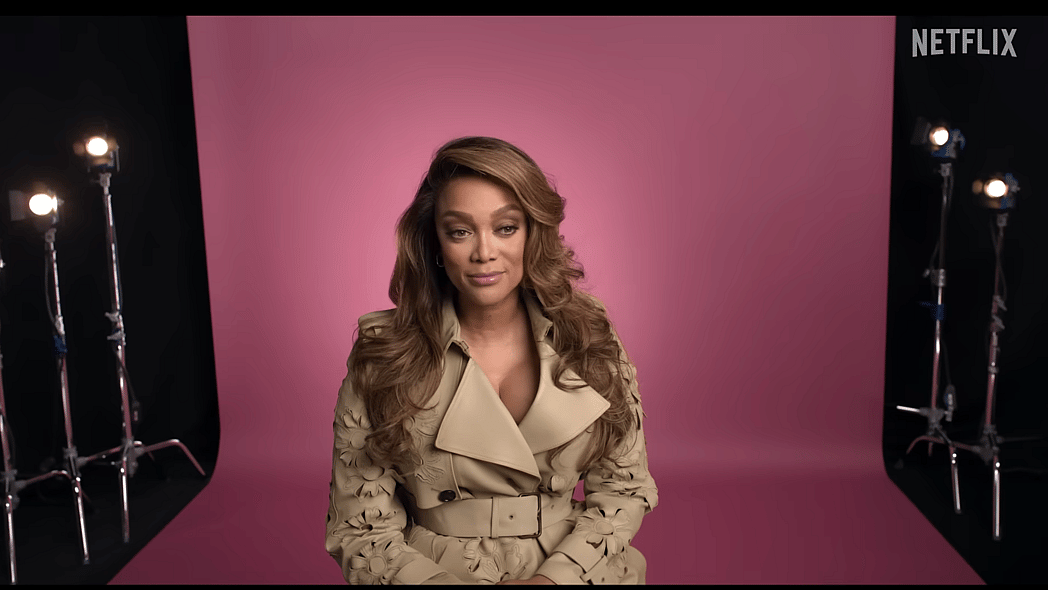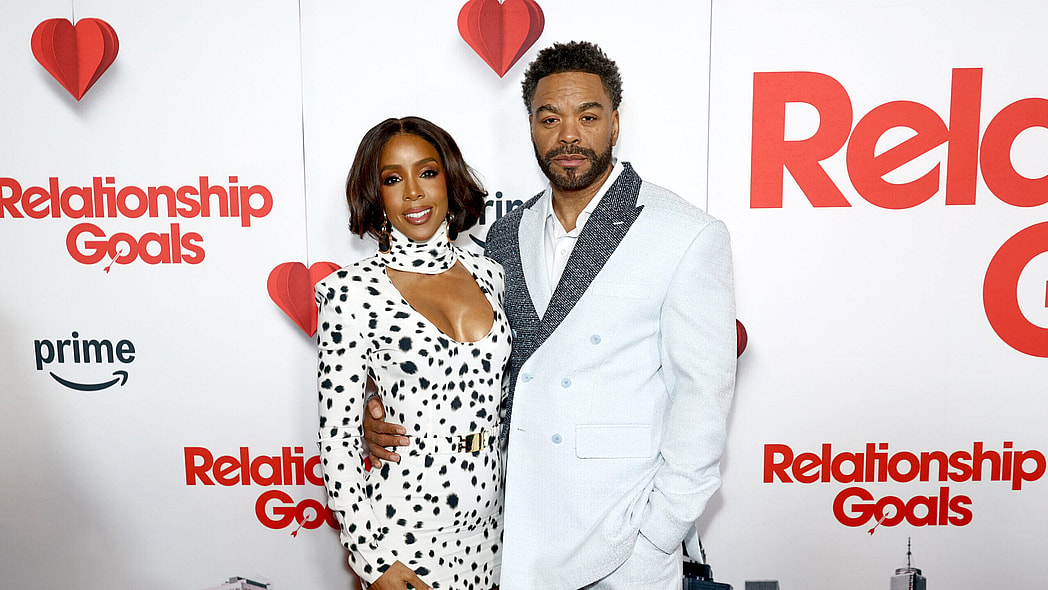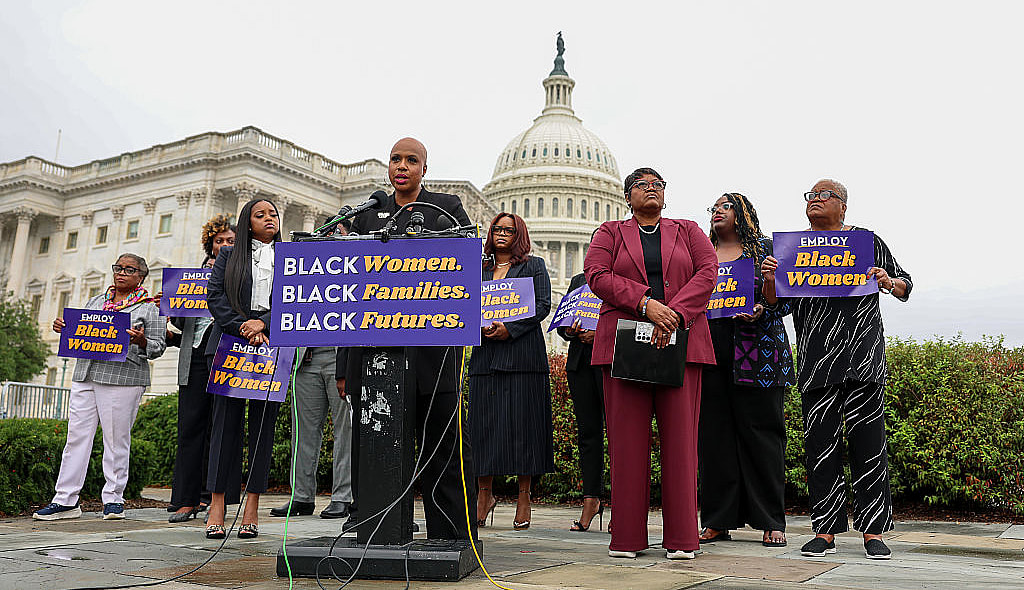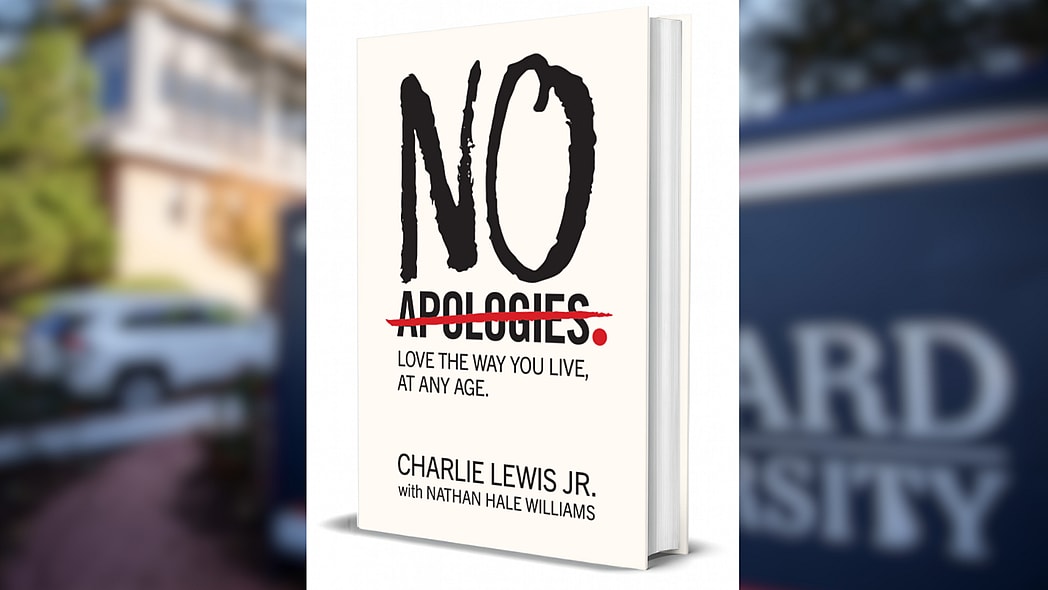Editor’s note: The following article is an op-ed, and the views expressed are the author’s own. Read more opinions on theGrio.
My life has always been about achieving success and overcoming obstacles. I grew up in New York and started college when I was only 15 years old. At the time, I was a part of a women in science program that was doing insanely cool projects like decoding the genetic makeup of anthrax. Later, I moved to Maryland and at 16 years old, I started my matriculation at Morgan State University. In college, I experienced extremely painful period symptoms. During that time, I spent a lot of time ignoring my body and became accustomed to “powering through.” When I was in my twenties, I really started my journey to find out what was going on. In the midst of searching for answers, I visited a doctor who was able to help me and diagnose a cervical tumor.
Surprisingly, that doctor also informed me of the harmful ingredients that were in my period products and potential links with my illness. I remember thinking, “Do women even know that these products are harmful?” Not long after that, I made the switch to organic products and discovered a term called “period poverty,” which describes the lack of access to safe and hygienic menstrual products and sanitation facilities, like restrooms. My life changed forever, and I later built Femly, an organization at the forefront of providing pads and tampons for people and places.
By all accounts, I am a successful Black female entrepreneur. I became one of the first 100 Black women in U.S. history to raise $1 million for my company via pitch competitions. I designed a first-of-its-kind, free vend feminine hygiene machine and announced my innovative product with a viral post on TikTok. The real win is being able to wake up daily and work to ensure that anyone in need of period products has them, regardless of their ability to pay. I believe in the entire well-being of women so much that my work largely revolves around supporting reproductive health and increasing education.
I say this while acknowledging that financial institutions must do better about funding and supporting Black women-owned businesses. Rather than looking at outliers, we should consider the experience of the majority. If a system isn’t working for the majority, we need to make it more equitable. Such is the case with the way businesses led by Black women and women of color are funded. Many struggle to receive funding, and some must go to extraordinary lengths in order to raise capital.
Recommended Stories
For instance, when I started my company, I didn’t have venture capitalists investing seed funding to launch my dream or investing significant sums that would make entering pitch competitions, grants and programming unnecessary. I launched at a time when just 37 Black women had raised significant venture capital in the history of this country.
I learned quickly that Black women who launch businesses struggle to get funding. I didn’t see this as an obstacle; I looked at this as an opportunity to get creative with growth. Launching and scaling a company in the manner that I did is often unheard of. In today’s climate, because of the competitive landscape, I’m sure many founders believe that funding is impossible. An equitable funding system would acknowledge the unique struggles that all founders face while meeting each need with an intentional solution, resources and capital.
Black women are not superwomen. Nor should we be required to wear capes to be seen and heard. No woman should have to kill herself for a cause. Investors, financial institutions and CDFIs must find a more equitable solution for investing in businesses led by Black women, who historically struggle to secure investments.
My journey has been fueled by my own story. I never should have had a tumor related to a period product. I was an active participant in my care and should have received better care. However, in the midst of running Femly, I lost my daughter Sage to stillbirth, and I nearly died. Women’s health, stress and mental health support should be a top priority. Medical concerns should not be disregarded.
Just two weeks after experiencing such a painful loss and during the road to recovery from organ failure, I found peace in putting my focus into Femly. In a last effort to fund a pivot and growth, I applied for the Herahub fast pitch in Washington, D.C., and won first place. But again, I am human, not superhuman. And so are other Black women. Some questions that funders can ask themselves when choosing to fund founders from marginalized communities are: What unique life experiences and abilities do underrepresented founders bring? How can I refine my process to be inclusive and support those we select or pass on?
We have to move from a society that celebrates the anomalies and become a society that makes it possible for the majority to thrive.
I know that my journey has the potential to help millions. Funding was once my biggest obstacle, but I had the foresight to know that period-care access would be a huge opportunity. Numerous “period equity” laws have passed laws requiring free pads and tampons in restrooms at schools and government buildings. These days, our team is focused on sustainable growth, dispenser distribution and partnerships where we stock restrooms at organizations. What was once an idea in my head is now an organization that sells feminine products to schools, hospitals, hotels and colleges to support employees and visitors. I also know that if I continue to advocate for a more equitable system, scores of other women — including Black women — will benefit and thrive. The beautiful thing about our collective journey is that deep dark valleys of sorrow are often followed by sun-kissed hilltops of joy. I am living proof of that.

Arion Long is the founder of the organic period care company, Femly.
Never miss a beat: Get our daily stories straight to your inbox with theGrio’s newsletter.










